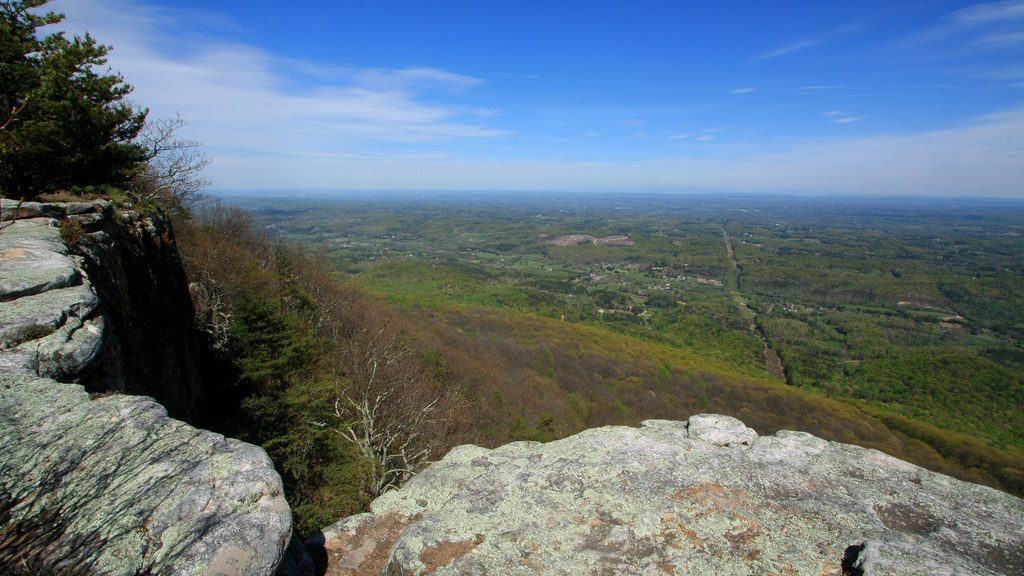Identifying Grand Challenges for USGS

SE CSC Research Ecologist Adam Terando recently had the opportunity to contribute to the long-term strategic science vision for the US Geological Survey by participating in a workshop with three dozen invited USGS scientists. Held in February 2017 at the USGS John Wesley Powell Center for Analysis and Synthesis, the workshop was hosted by the Council of Senior Science Advisors, a USGS executive leadership group that contributes to the development of a future vision and long-term direction for the USGS that is grounded in interdisciplinary and cross-cutting science. The workshop focused on identifying “grand challenges” for integrated USGS science. A grand challenge is defined as ”a fundamental problem with broad societal consequences and solutions in Earth system science.” Without an obvious near-term solution, approaches to the problem are driven by transformative integration of existing technologies, data, knowledge, and models across related and disparate disciplines and facilitated by new science and technology.
Individual participants identified nearly 70 potential grand challenges before the workshop and through workshop discussions. Four overarching grand challenges emerged from the workshop:
- Natural resource security
- Societal risk from existing and emerging threats
- Smart infrastructure development
- Anticipatory science for changing landscapes.
Dr. Terando’s expertise contributed most substantially to defining the grand challenge on anticipatory science for changing landscapes.
Workshop participants also identified a “comprehensive science challenge,” which highlights the development of integrative science, data, models, and tools that interact in a modular framework and that can be used to address these and other future grand challenges. Earth Monitoring, Analyses, and Projections (EarthMAP) is the team’s long-term vision for an integrated scientific framework that spans traditional scientific boundaries and disciplines, and integrates the full portfolio of USGS science: research, monitoring, assessment, analysis, and information delivery.
Summary of findings from the workshop were recently published as an open-file report:
Jenni, K.E., Goldhaber, M.B., Betancourt, J.L., Baron, J.S., Bristol, R.S., Cantrill, M., Exter, P.E., Focazio, M.J., Haines, J.W., Hay, L.E., Hsu, Leslie, Labson, V.F., Lafferty, K.D., Ludwig, K.A., Milly, P.C., Morelli, T.L., Morman, S.A., Nassar, N.T., Newman, T.R., Ostroff, A.C., Read, J.S., Reed, S.C., Shapiro, C.D., Smith, R.A., Sanford, W.E., Sohl, T.L., Stets, E.G., Terando, A.J., Tillitt, D.E., Tischler, M.A., Toccalino, P.L., Wald, D.J., Waldrop, M.P., Wein, A., Weltzin, J.F., and Zimmerman, C.E., 2017, Grand challenges for integrated USGS science—A workshop report: U.S. Geological Survey Open-File Report 2017–1076, 94 p., https://doi.org/10.3133/ofr20171076.
The report discusses possible next steps to address these grand challenges, and identified the need for further work to define research goals and project strategies.